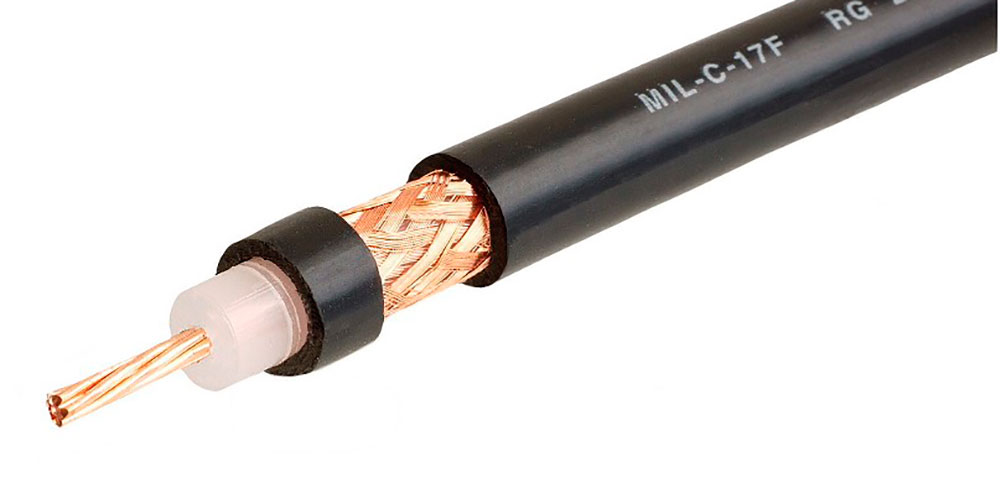You don’t need to be a music aficionado to know that cables can make or break your sound system. The right cable can provide a crisp and clear sound while the wrong one might make you want to curl up in the fetal position. If you’re looking for the best coaxial speaker cable, then this article is for you!
What is the Wireless Coaxial Speaker Cable?
Wireless coaxial speaker cables are the latest development in home theater audio technology. These cables allow you to connect your speakers to your receiver without having to run any wires through your walls or under your floor. They use a technology called “RF” (radio frequency) to send the audio signal from your receiver to your speakers.
Wireless coaxial speaker cables have several advantages over traditional wired speaker cables. First, they are much easier to install. There is no need to drill holes or run wires through your walls. Second, they provide better sound quality than traditional speaker cables.
The wireless signal is not subject to interference from other electronic devices in your home, so you will get crystal-clear sound from your speakers.
Third, wireless coaxial speaker cables are more flexible than traditional speaker cables. You can place your speakers anywhere in the room, without having to worry about running long lengths of wire. And fourth, they are more expensive than traditional speaker cables.
But if you’re looking for the best possible sound quality for your home theater system, wireless coaxial speaker cables are the way to go.
Types of Wireless Coaxial Speaker Cable
There are two types of wireless coaxial speaker cables: digital and analog.
Digital coaxial speaker cables are the most common type of cable used today. They use a digital signal to transmit the audio signal from the source to the speaker. This type of cable is typically less expensive than analog cables and offers better sound quality.
Analog coaxial speaker cables are not as common as digital cables, but they offer a few advantages over their digital counterparts. Analog cables use an analog signal to transmit the audio signal from the source to the speaker. This type of cable typically offers better sound quality than digital coaxial cables but is more expensive.
The Problem with Wireless Coaxial Speaker Cables
Wireless coaxial speaker cables are becoming increasingly popular, but there are some potential problems that you should be aware of before you buy. One problem is that wireless coaxial cables can be subject to interference from other wireless devices in your home, such as Wi-Fi routers and cordless phones. This can cause audio dropouts or other problems. Another potential problem is that the signal from a wireless coaxial cable can be weaker than a wired connection, which can result in poorer sound quality. Finally, wireless coaxial cables are more expensive than traditional wired cables, so you’ll need to weigh the pros and cons carefully before making a purchase.
How to Tell if a Wireless Coaxial Speaker Cable is Good Quality or Not
When it comes to choosing a wireless coaxial speaker cable, there are a few things you’ll want to keep in mind in order to ensure you’re getting a good quality product. Here are a few tips:
- Check the gauge of the wire. A thicker gauge means better conductivity and less signal loss.
- Make sure the connectors are made ogood-qualityty materials. Cheap connectors can cause signal loss.
- Look for a cable that is shielded. This will help reduce interference from other electronic devices.
- Read reviews from other customers before making your purchase. This can give you an idea of what others have experienced with different brands and models of wireless coaxial speaker cables.
Conclusion
If you’re looking for the best possible wireless coaxial speaker cable for your home theater, then this guide is for you. We’ve gone through and reviewed all of the different options on the market, so you can make an informed decision about which one is right for you. We hope that our guide has helped you narrow down your choices and find the perfect cable for your needs.

